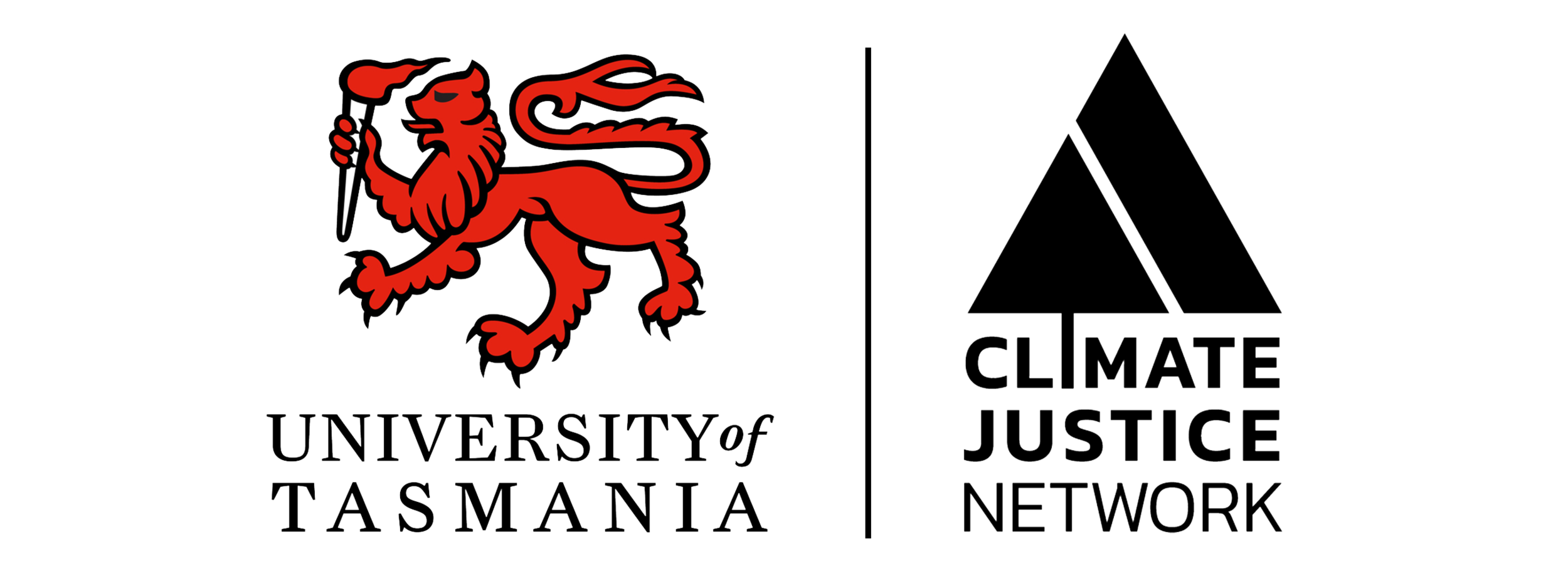Are we getting better at communicating climate justice?
Claire Konkes discussed how climate change is communicated in Australia in traditional and social media platforms. The example of the Great Barrier Reef was used to illustrate the changing media landscape and how this has impacted on public opinion and action. Motivations for climate action are shaped by personal values and traditional and social media representation of information, however, creating a shift in understanding and action may require more than an increase in the quality and quantity of information we consume.
This talk was held at:
Imagining a Different Future
Climate Justice Conference
The University of Tasmania with the support of the University of Utrecht Ethics Institute hosted a multidisciplinary conference examining the barriers to responding to climate change, implementing climate justice, and proposing ways forward. Among the keynote speakers were Law Faculty Professors Jan McDonald and Ben Richardson. The Law Faculty's Dr Peter Lawrence co-convened the conference with Jan Linehan. The conference took place in Hobart from 8-9 Feb 2018.
Despite the Paris Agreement, there are real concerns the prevailing neoliberal economic and political model, particularly with the move to more insular, nationalistic, fragile politics, cannot respond effectively to climate change and excludes key considerations such as ethics and justice. Videos and Podcasts from the conference are available on the Knowledge Hub.
